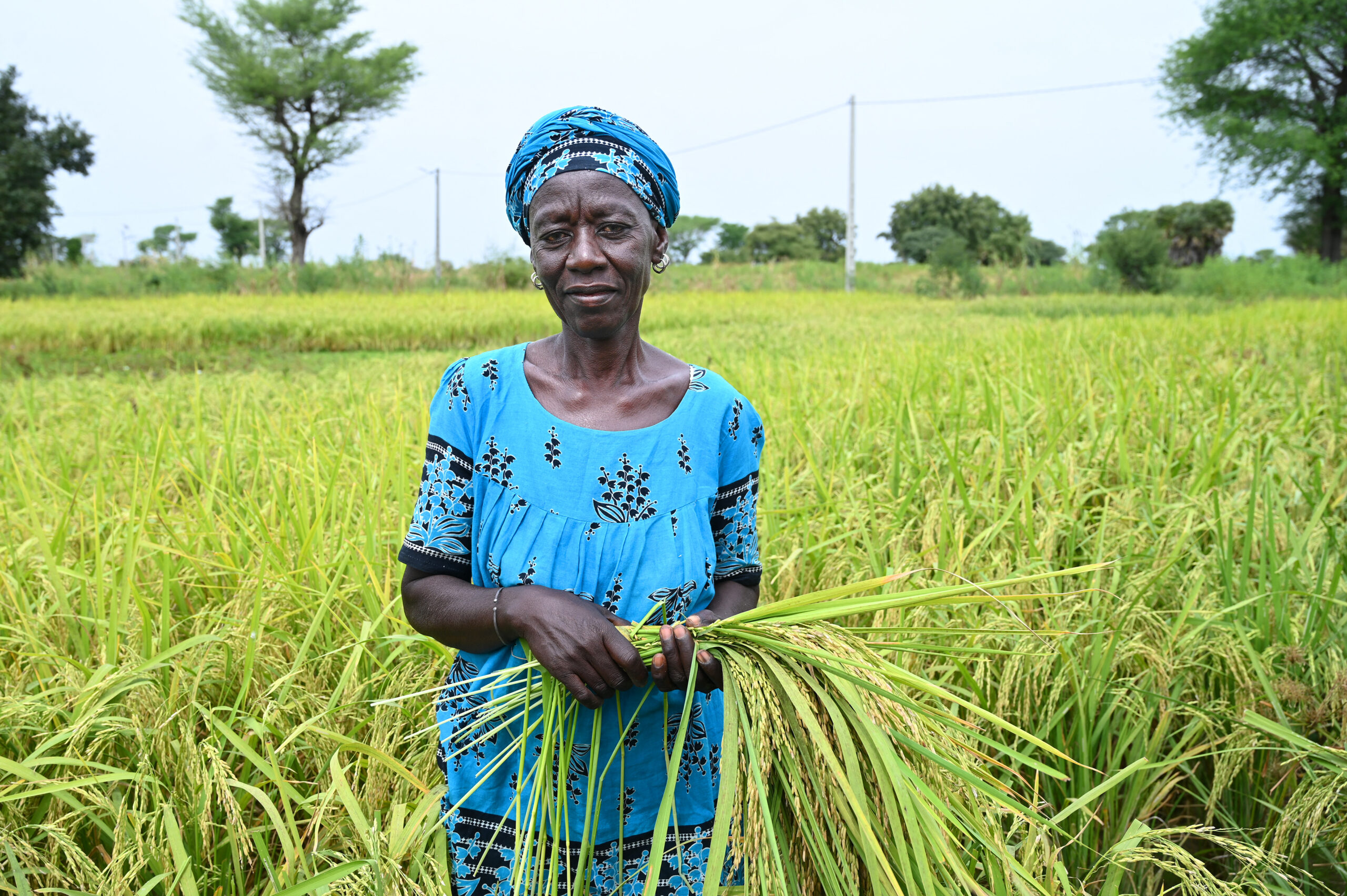Xinja, the neobank launched amid an Australia banking crisis and with a vision to be different, has announced it will quit banking just a year after being licenced to start.
“Please note that Xinja has decided to exit banking business and return its ADI (authorised deposit-taking institution) licence,” said a note on the bank’s home page on the morning of Wednesday December 16, under its usual headline ‘How money should be’.
Two products, the Xinja Bank Account and Xinja Stash Account, will be discontinued on December 23, the bank said.
Thanks for your interest in Euromoney!
To unlock this article, enter your e-mail to log in or enquire about access:




